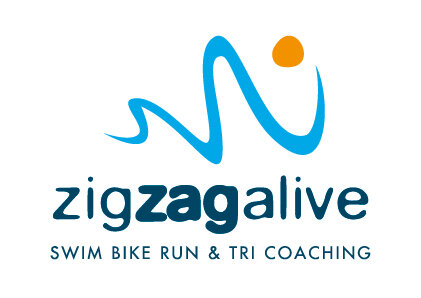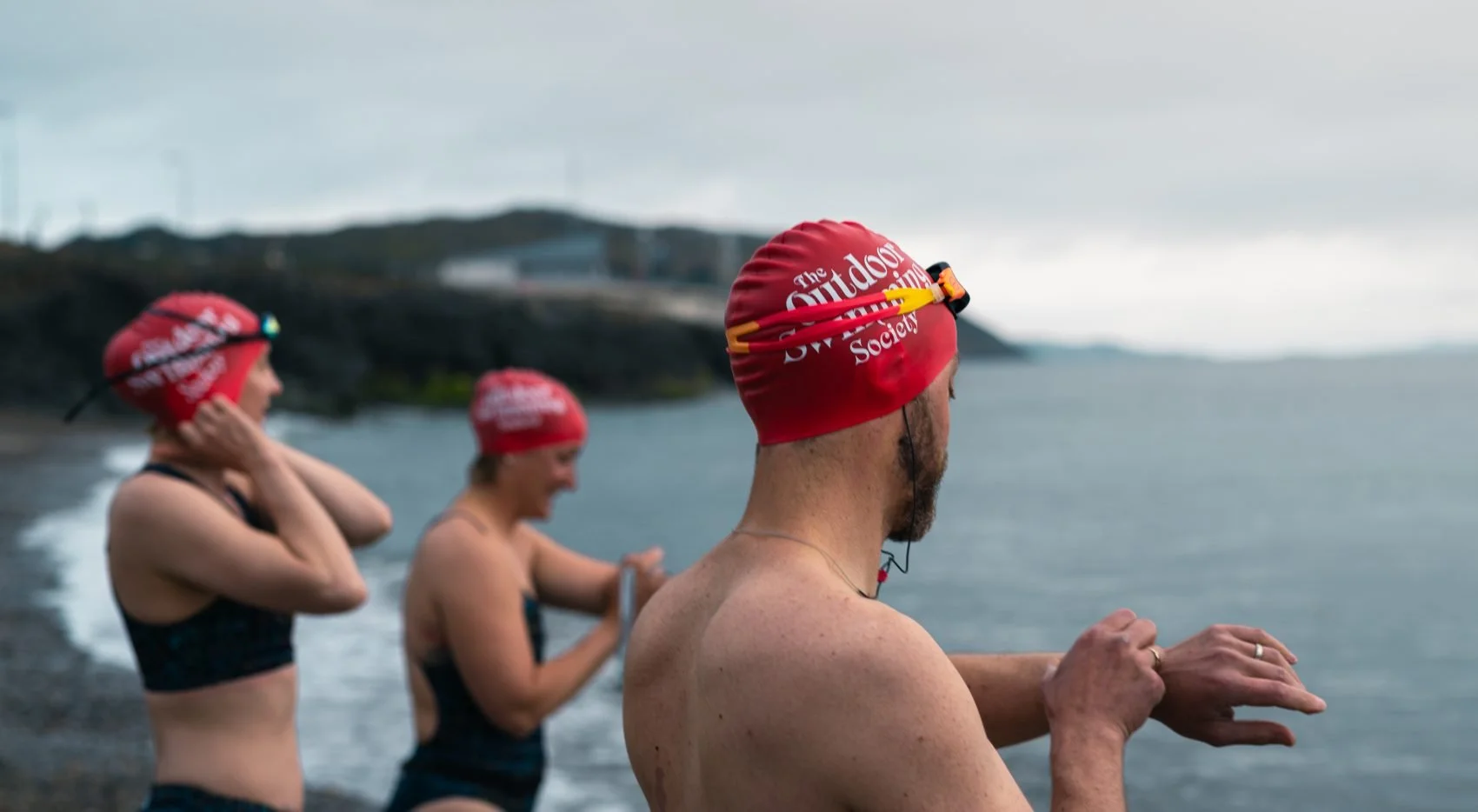This is a post I wrote for the Outdoor Swimming Society as In Residence Swim Coach - applies just as much to closing off a year of other challenges and events.
(Photo credits: Niall Meehan for the OSS)
So we come to the end of a Summer (at least for those of us in the Northern Hemisphere). Our big events and challenges for 2022 are now behind us. This post is about closing off a season – whatever you have or haven’t been able to do.
And that’s the thing: it feels that this has been a year of as many cancelled events as super experiences to look back on.
Now, those of you who had big swim plans, realised or not, are certain to be active people. As such, we jump very quickly to what we should do. As a coach I also feel the pressure to have ready made answers – what to prescribe, tips to keep going, to bounce back from disappointment, stay energised and motivated. I’m going to suggest something a little different, though, that’s rooted in how we feel and is about closing rather than rushing to move on.
The Art of Appreciation
In the endurance sports I coach it’s very common to hear of people who, having just completed a major event that has absorbed them for so long, book up the next one for the following year before they even get home. If you have been steadily training, week after week, building up to your big challenge, once it’s done you can be left with an empty, lost feeling. Fill that gap quickly! Or perhaps you start to think about the things you might have done differently. “If only I had…”
There is a skilled art in allowing ourselves a pause to take in what we have done – to sit with the feelings we have. I don’t mean a “what went well and what can be improved”, management style review, though at some point that might have value. I mean connecting to something deeper, richer, grounded in what we have experienced, what’s important to us and the imprints left.
With those I coach after their big event we normally make time to go through their whole experience: from the travelling; to registration; the night before; the morning; being on the start line… these can be quite long accounts! It’s rooted in an idea I use with those I coach (following US Performance Psychologist Michael Gervais): of the space between the start and the finish line as the canvas on which they will create their own living masterpiece. Our meeting afterwards, over coffee and cake, becomes a privileged, private showing of their work, the artist and their supporter side by side, taking it all in: the details, colour and sensations relived and shared; rich in emotions. Not much needs to be said on my part and there’s little or no sense of judging what could have been better.
Similarly, when our big target event has not happened we might want to rush to dismiss our feelings and not allow the time to take in how we are left. “Oh well, these things happen. It’s not the end of the world.” Indeed, it’s not. But it’s still frustrating and somehow emptying. Perhaps you have a sense of guilt, of letting others down who looked forward and enthused with you about your ambitious challenge or sponsored you.
For me, Swim Collective’s Dart 10k was going to be my star event of the year. Although obviously disappointing that it didn’t happen in the end (for totally understandable reasons), I tell myself nothing is taken away from the excitement of reconnecting to a fluency and fitness as I prepared week by week. I’d not trained so consistently, nor felt so good (or tired!) for the past three years. Good work Mike!
There’s also something in the shaping of expectations – we probably had a vaguely formed image in our minds of how it was going to be, the anticipation adding to it each time someone says how much we’ll enjoy it. But pause a moment. I can ask myself what about the event would have made it special for me. Just doing it? Sure, but also finding a rhythm and fluency, stroke by stroke, kilometre after kilometre; the chance to swim in a beautiful meandering river, the changing landscape seen with each low head turn to breathe; being a part of a vibrant community of swimmers in motion; the exhaustion and elation at the end. If, for whatever reason, the event doesn’t happen I can still seek out ways to enjoy each of those magical sensations and experiences, just in a different place and time.
On Closing When It’s Done… And Not Done
As an example, here’s how a client and I are planning to bring our different seasons to an end. Last month he was part of a relay team swimming the Channel. How they succeeded is quite a story in itself. Back home, after the elation and team celebrations, he really missed his team mates, what they had been through over months of training and felt no urge to do much, a bit empty and lost, a sadness that it was over. “It’s like suffering a loss.”
In my case, I had already arrived in in Devon when news that the Dart 10k was cancelled came through. I quickly entered online a 5km swim taking place the following weekend, back here in my hometown. Two days to go and that was also cancelled. Oh!
To help us both – him to bring his year of extraordinary swimming to a close and mine, of perhaps more mixed fortunes – we have decided to do a swim together before the month is out. An end of a season celebration. The details are still to be decided as it depends very much on tide times and conditions. At it’s heart, though, we want something that feels tiringly but not utterly exhaustingly long; takes us through changing landscapes with a sense of journey and adventure; and finishes on a social note with our partners, maybe some friends and lots of indulgent cake.
A ‘To Do’ and ‘Don’t Do’ List
So now the ‘what to do’ part… and not do.
When you have done your big final event of the year – or equally when it’s not happened – here’s what I suggest:
don’t stop: for around three to four weeks keep yourself active and mobile. Nothing that looks, feels or smells like training, but plenty of opportunistic dips and good-to-be-alive swims. The bigger the event you’ve prepared for and greater the volume of training you’ve done, the more likely your body will react badly to a complete, sudden stop. So best to keep active without making any great demands on yourself.
now stop: if you’re planning on building up for another full year of big, challenging events, after your three to four weeks of active recovery have at least two weeks of no swimming. Yup, a proper break. I have found that without at least a short break, you are likely to get to about November or early December feeling drained and demotivated We might think that we’ll lose all our fitness if we stop – as if in a cruel game of snakes ladders that takes us right back to the start with each false move. But we don’t.
tell your story: think of that private viewing of your masterpiece, true to what you experienced. How will you tell your story and to whom? Others may eagerly ask about times or places, maybe of interest to them but unlikely to be the whole story for you. And some will already have their version enthusiastically scripted in advance: “you smashed it!” So best to seek those who can listen and be alongside your experience, with all its highs and lows.
focus on what counts: and finally we go back to knowing and really valuing those things that make your swimming endeavours special to us. Is it just about saying you’ve ticked off an event that others have done? Or something deeper and in tune with those things that make you feel alive and well?
‘Hope to see you next year at the Swoosh, Hurly Burly or Dart 10k. They’ll be magic!

